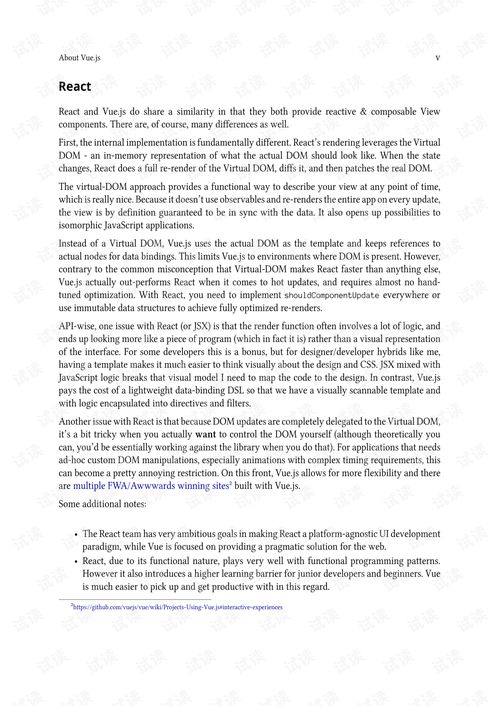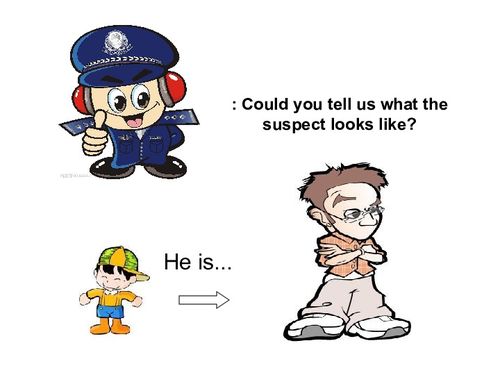
Content:
Fishing is an ancient pastime that has been enjoyed by people around the world for centuries. Whether you're a seasoned angler or a beginner looking to get started, there's always room to improve your fishing skills. In this article, we'll delve into a variety of tips and techniques that can help you become a more proficient angler. From selecting the right equipment to mastering the art of lure presentation, read on to discover how you can take your fishing to the next level.
Choose the Right Equipment
The first step to improving your fishing skills is to ensure you have the right equipment. Here are some key considerations:
- Rod and Reel: Select a rod and reel that are appropriate for the type of fishing you'll be doing. Different species of fish require different tackle, so make sure your gear is suited to your target fish.
- Line: The type of line you use can significantly impact your success. Monofilament, fluorocarbon, and braided lines each have their advantages and disadvantages. For instance, fluorocarbon is nearly invisible underwater and is great for stealthy presentations, while braided line offers incredible strength and sensitivity.
- Hooks: The size and type of hook you use should match the bait you're offering and the size of the fish you're targeting. Larger hooks are suitable for larger fish, while smaller hooks are better for more delicate species.
- Lures and Baits: Depending on your fishing style, you'll need a variety of lures and baits. Soft plastics, spinners, jigs, and live bait are all common choices. Experiment with different options to see what works best in your fishing environment.
Learn to Read the Water
Understanding the water you're fishing is crucial for success. Here's how to get a better grasp of your fishing environment:
- Observe the Bottom: Look for signs of fish, such as snags, rocks, and weed beds. These areas are often hotspots for fish.
- Analyze the Current: Current can greatly affect how fish behave. Learn to read the water's flow and use it to your advantage when presenting your bait or lure.
- Study the Weather: Weather patterns can impact fish behavior. Overcast days and cool, windy conditions often lead to more active fish, while bright, sunny days might make them more skittish.
Master the Art of Lure Presentation
The way you present your lure or bait can make or break your fishing session. Here are some techniques to improve your presentation:
- Start Slow: When fishing, it's often better to start slow and work your lure or bait at a natural pace. This mimics the movement of real prey and can trigger more strikes.
- Vary Your Retrieve: Mix up your retrieve speed and pattern. Sometimes a slow, steady retrieve works best, while other times a fast, erratic motion might be more effective.
- Use the Right Techniques: Depending on the species you're targeting, different techniques may be more effective. For example, when fishing for bass, a Texas-rigged worm can be very effective, while for trout, a nymph rig might be more suitable.
Patience is Key
Fishing is a waiting game, and patience is a virtue. Here's how to maintain your composure:
- Stay Calm: Keep your cool and don't get discouraged if you're not catching fish right away. Remember, fishing is about the experience as much as the catch.
- Adjust Your Strategy: If you're not having luck, don't be afraid to change your approach. Try different baits, lures, or locations to see what works.
- Enjoy the Surroundings: Focus on the beauty of nature around you. Fishing is a great way to relax and unwind, so take the time to appreciate your surroundings.
Keep Learning
The more you fish, the more you'll learn. Here are some ways to continue improving your skills:
- Read Books and Magazines: There are countless resources available that can help you learn new techniques and strategies.
- Watch Videos: Online tutorials and instructional videos can provide valuable insights into different fishing techniques.
- Join a Club: Many local fishing clubs offer workshops, tournaments, and opportunities to learn from experienced anglers.
By incorporating these tips and techniques into your fishing routine, you'll be well on your way to becoming a more skilled angler. Remember, the key to improvement is practice and persistence. So grab your rod, hit the water, and start honing your fishing skills today!












